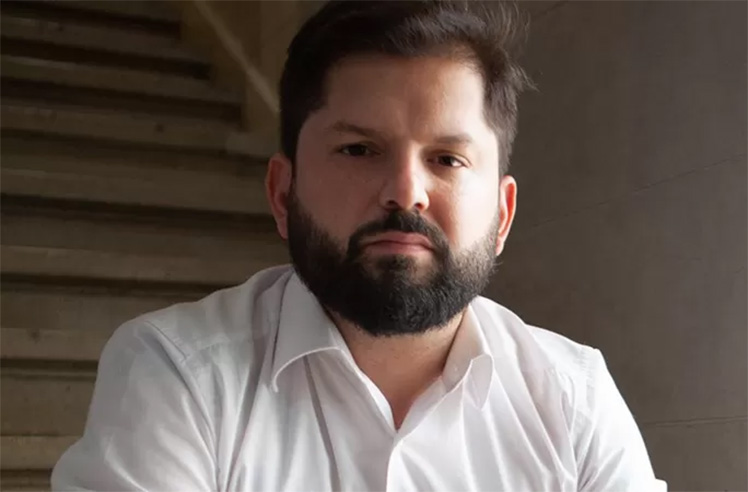The president’s speech was focused on post-pandemic economic reactivation and the need to transform sectors of national life to contribute to that end, especially education, health, the labor market, and the defense of priority productive sectors, among others. .
In this sense, he once again defended the implementation of the Chile Supports plan, aimed at boosting the domestic economy through the investment of over three billion 700 million dollars and the creation of half a million jobs.
The initiative is already being implemented, and according to the Chilean president it will be operational for the next 60 days to help the country’s families counteract the rise in the cost of living, internal consumption and the promotion of new ventures.
Along with these stimuli, he reiterated his government’s commitment to contain the rise in prices of services and products, such as public transportation and fuel.
The first will have fixed rates for the rest of the year, and as for fuels, the price stabilization mechanism will be reinforced, while that for domestic use will remain stable with the injection of funds from the State coffers.
Another important point in the president’s intervention was the increase of the minimum wage, the highest in the last two decades, he assured.
This is possible after an agreement classified as “historic” between the Government, the Unitary Central of Workers and small and medium-sized companies. The increase in the minimum wage will be 400 thousand pesos (about 484 dollars at the current exchange rate) and will be effective from next August .
The changes proposed for the health sector also generated expectations, which, according to the president, respond to the aspiration of strong public health, “in which no one has to wait years for an operation or decent care.”
Consequently, the Chilean government proposed the creation of a universal health fund, a plan to resolve surgical waiting lists, and the construction of community mental health centers, among other initiatives.
Boric also referred to the controversial issue of euthanasia, and defended it as a right of his compatriots to a dignified death.
The government proposes the urgent processing of a bill, which establishes express, free and informed consent as a requirement.
In his speech before the National Congress (bicameral parliament), the president announced other proposals with a high social impact, such as the reduction of the working hours to 40 hours a week.
He also favored the elimination of student debts, a comprehensive strengthening plan for public education, a tax reform and a new social pact with the original people.
ef/car/avs










